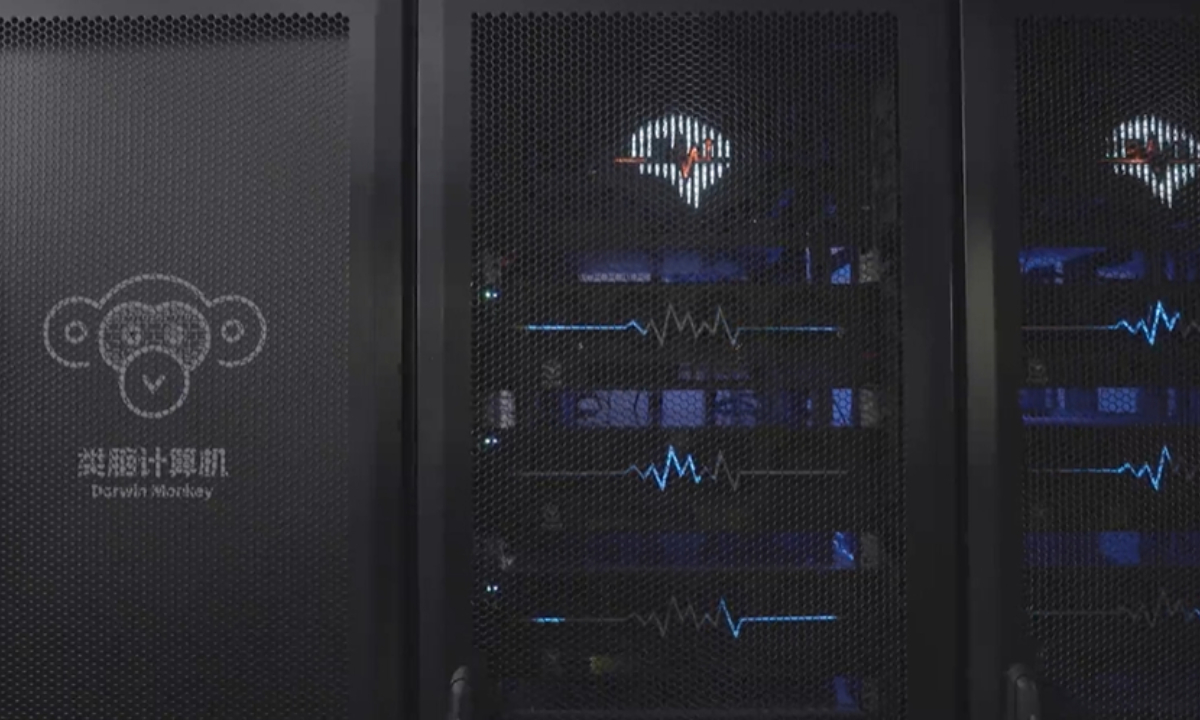You are using an out of date browser. It may not display this or other websites correctly.
You should upgrade or use an alternative browser.
You should upgrade or use an alternative browser.
Artificial Intelligence thread
- Thread starter 9dashline
- Start date
Exactly. The same thing happened with Micron when CXMT made replacement DRAM chips.if China were so desperate to have 3rd rate NVDA chips, why would they be launching an investigation??
I bet SMIC or someone else in China is fabbing AI chips.
Discussion here definitely underplays the social issues.A question for those here who are knowledgeable about AI.
How big will the impact be of AI on the economy, industry, businesses and the daily lives of people compared to the rise of the internet. And if it is greater than the internet then how and in what ways.
Xiaomi just released a new open-source model for speech recognition, called MiDashengLM-7B. It is a 7-billion-parameter LLM made specifically for general audio data. It is differentiated from competing LLM that are trained mostly on text or images in that it is all about sound, so mostly music, speech and complex audio environments.
Link to Hugging Face can be found here:
Link to Hugging Face can be found here:
Chinese researchers unveil world's largest-scale brain-like computer Darwin Monkey

Chinese researchers unveiled on Saturday a new generation of super large-scale brain-like computer, Darwin Monkey, the world's first neuromorphic brain-like computer based on dedicated neuromorphic chips with over 2 billion neurons, which can mimic the workings of a macaque monkey's brain.Developed by the State Key Laboratory of Brain-Machine Intelligence at Zhejiang University in East China's Zhejiang Province, Darwin Monkey, also known as Wukong supports over 2 billion spiking neurons and more than 100 billion synapses, with a neuron count approaching that of a macaque brain. It consumes approximately 2,000 watts of power under typical operating conditions, the Science and Technology Daily reported.
The human brain is like an extremely efficient "computer." Brain-inspired computing applies the working principles of biological neural networks to computer system design, aiming to build computing systems that, like the brain, feature low power consumption, high parallelism, high efficiency, and intelligence.
Previously, the largest neuromorphic brain-like computer in the world was Intel's Hala Point system, released in April 2024, which featured 1.15 billion neurons.
Wukong is equipped with 960 Darwin 3 neuromorphic computing chips, the third-generation brain-like neural processing units. It consists of a total of 15 blade-style neuromorphic brain-like servers. The chip was developed in early 2023 under the leadership of Zhejiang University in collaboration with Zhejiang Lab.
A single chip supports more than 2.35 million spiking neurons and hundreds of millions of synapses, and it also supports a specialized instruction set for brain-inspired computing, as well as an online neuromorphic learning mechanism.
Building on the foundation of neuromorphic computing chips, the research team also developed a new-generation brain-inspired operating system. According to Pan Gang, head of the research team and director of the State Key Laboratory of Brain-Machine Intelligence at Zhejiang University, the team has successfully deployed several intelligent applications on the computer. It can run the DeepSeek brain-like large model to perform tasks such as logical reasoning, content generation, and mathematical problem-solving. Leveraging its powerful neuronal and synaptic resources, the system can preliminarily simulate animal brains of varying neuron sizes, including those of elegans, zebrafish, mice and macaques, offering new possibilities for brain science research.
With its features of large scale, high parallelism, and low power consumption, Wukong will offer a new computational paradigm for existing computing scenarios, according to Pan.
Pan explained that it can serve as a new computational foundation for the development of artificial intelligence (AI), act as a brain simulation tool for neuroscientists, and provide new experimental methods to explore the brain's working mechanisms, enabling scientists to better understand the brain and reduce the need for biological experiments.
Moreover, human reasoning ability and efficiency still far surpass those of the current AI. By mimicking the brain's working mechanisms while achieving computational speeds beyond those of the human brain, the Wukong computer will provide powerful support for future research in brain-inspired AI.
More hits from Alibaba Qwen team.
Also Tencent got into the edge AI game. Not sure how good the models are, but at least Qwen has some competition now.
huawei is open sourcing CANN
Meta is really dropping the ball in its AI infrastructure buildout
Google is going to be extremely hard to beat due to its possession of the greatest data set in existence from its global dominance of search, video, and geographic mapping; and of course its tradition of investing heavily in R&D research. Meta really has no chance in general AI (too narrowly focused on social media) and should pivot to a domain it could dominate like chat bots, similar to Grok has done to create its own niche. As for Open AI and Anthropic, their main claim to fame is that they’re perceived to have a start up culture & can thus move faster towards AGI, but I think both will experience diminishing returns in the years to come as they will become resource constrained in multi modal models.
